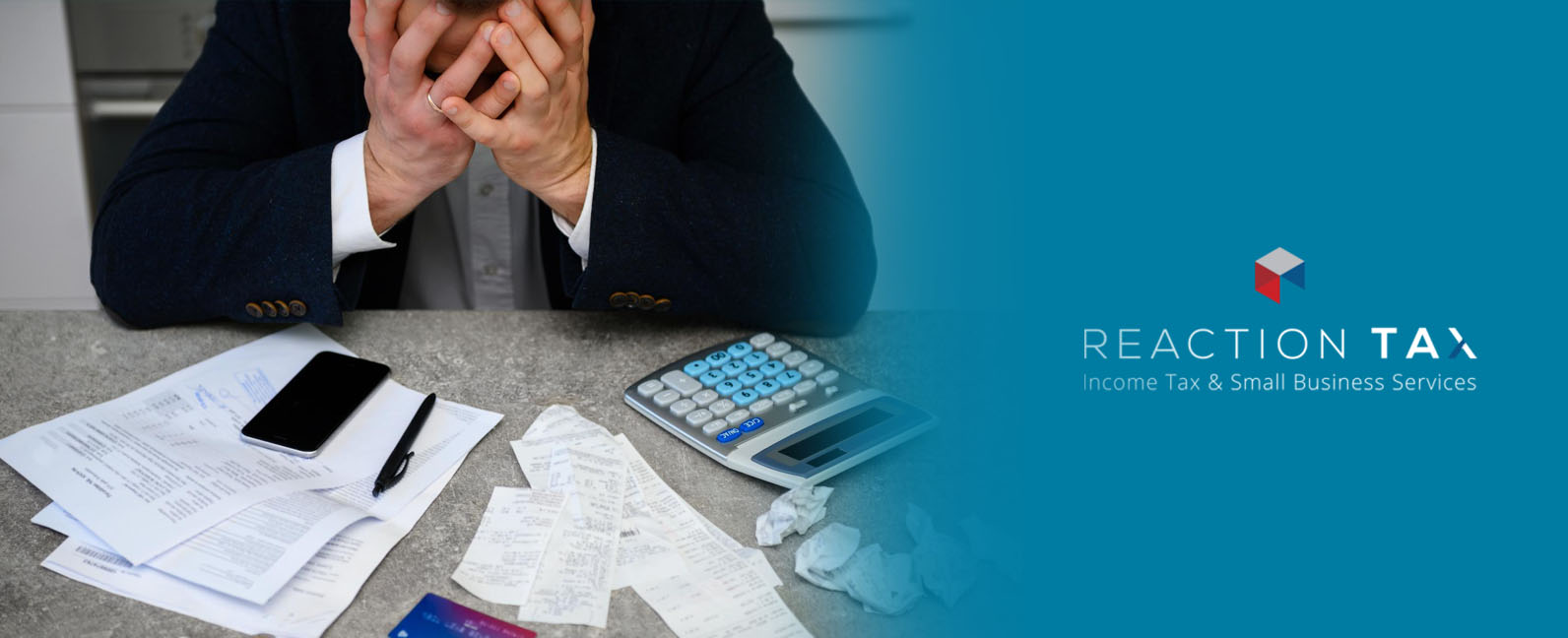You may have heard you cannot claim a home-office deduction without business income. That’s not accurate, as I explain below.
You may have heard you cannot claim a home-office deduction without business income. That’s not accurate, as I explain below.






Points to Consider
- Claim business deductions with no business income. Even if your business did not generate income this year, you should claim all business deductions. Such deductions might create a net operating loss (NOL), which would carry forward to offset future taxable income.
- Claim the home office with no business income. Claim the home-office deduction even with no business income. The home-office expenses not allowed this year carry over to future years in the separate home-office deduction bucket. And this gets even more important when you consider business miles.
- Loss of business miles. Trips from your home to many business locations are personal miles if you do not deduct your home office as your principal place of business. Establishing that “principal place of business” is easier than it sounds.
- File a tax return. Without business income, you may be exempt from filing a tax return. Forget that. File a return. You need a filed return to claim the benefits above.
- Document your home office. Ensure you have appropriate documentation that proves your home office is your principal place of business.
- Claim all possible deductions. Even in a loss year, claiming all possible deductions is essential.
As you may know, the IRS requires that anyone claiming the 2020 employee retention credit (ERC) adjust their 2020 wages on their …
Have you established, or are you considering, a Section 529 savings plan for a child, grandchild, or other family member? Such plans …
The Biggest Mistake Tax Payers Make Avoid Paying Back Taxes | Reaction Tax Resolution Services NYC One of the taxpayers’ most significant …









